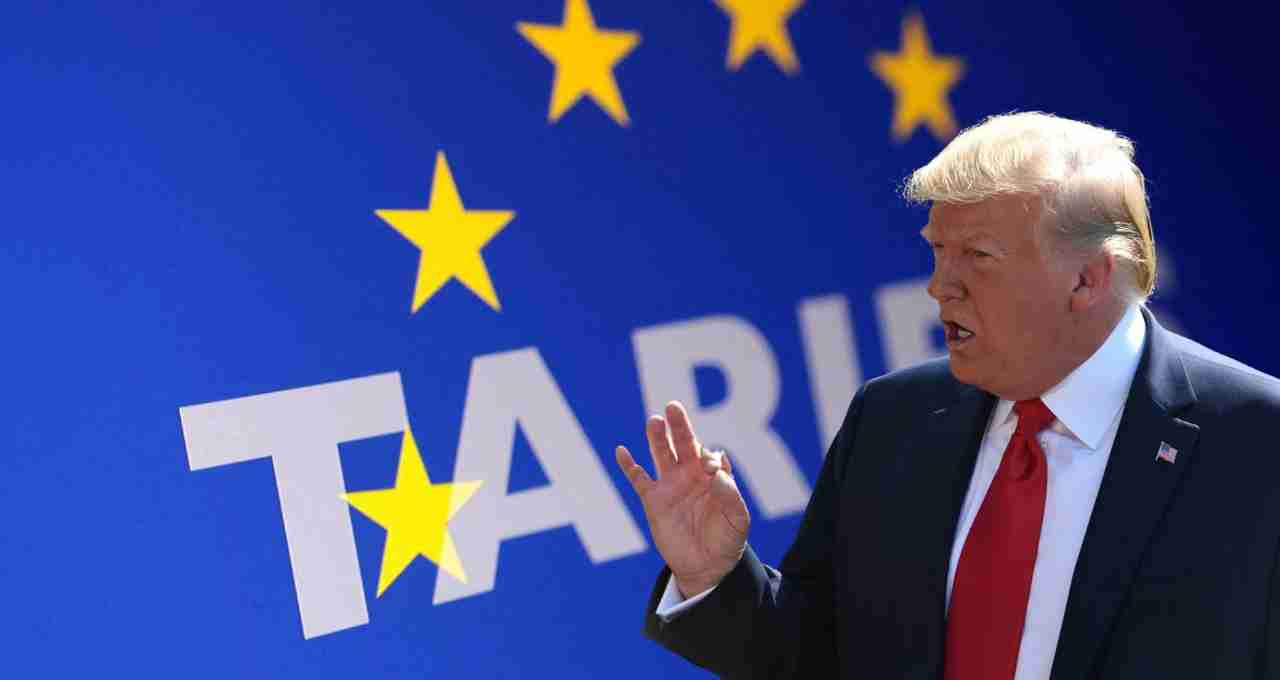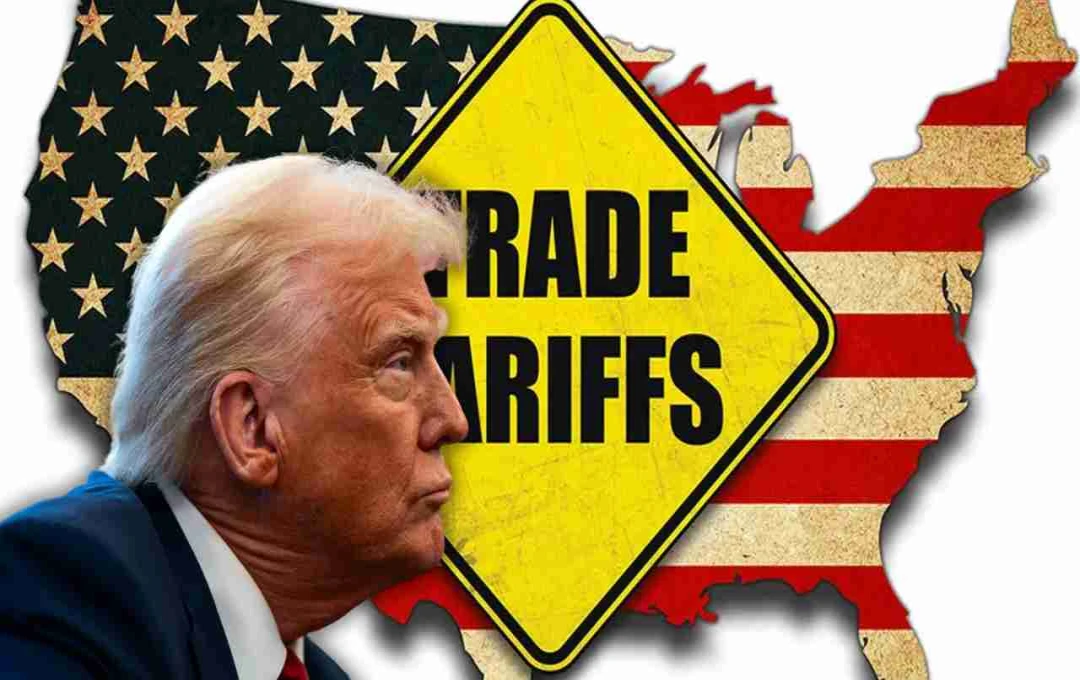Donald Trump's new tariff policy could cause a 3% decline in global trade. This could present a significant export opportunity for countries like India and Brazil.
Trump Tariffs: The large-scale tariff plan announced last week by US President Donald Trump has raised concerns about a significant impact on global trade. According to Pamela Coke-Hamilton, chief economist at the United Nations, these tariffs could decrease global trade by 3 percent. Furthermore, export patterns are expected to shift, with countries like India, Brazil, and Canada potentially experiencing increased trade, unlike major markets such as the US and China.
Warning from the UN Economist
Pamela Coke-Hamilton stated in Geneva that the tariffs imposed by the US will alter global trade. For example, Mexican exports, previously reliant on the US and China, are now shifting towards countries like Canada, Brazil, and India, which stand to benefit from these tariffs. Similarly, Vietnamese exports are diversifying away from the US and China towards new markets in the Middle East, North Africa, and Europe.
Threats and Opportunities for Developing Countries

Coke-Hamilton explained that while these tariffs could present new economic activity and employment opportunities for developing countries, some, like Bangladesh, might face retaliatory tariffs as high as 37 percent, impacting their exports. Therefore, Bangladesh and other developing nations need to focus on export diversification and value addition.
Potential Decline in Global GDP due to Tariffs
Estimates from the CEPII research institute in France suggest that these tariffs and retaliatory tariffs could reduce global GDP by 0.7 percent by 2040. Countries like the US, Mexico, China, and South Africa could experience negative consequences.
China's Strategic Response
China, in response to US tariffs, has imposed 125 percent tariffs and, instead of retreating from this trade war, is strengthening its long-term strategy. Chinese President Xi Jinping is working on a plan to bolster diplomatic ties in Southeast Asia to increase China's economic influence.














